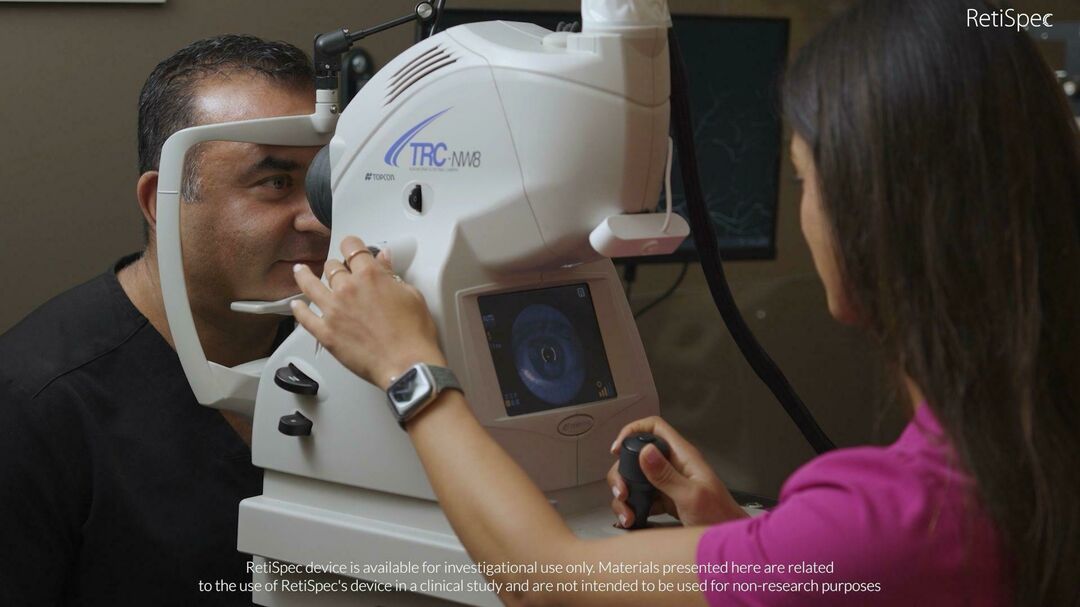How OBI is bringing brain health to a community near you

June 14, 2024
A recent survey conducted through ZoomerMedia reported that over 85% of Canadians think about their brain health on a regular basis. However, only half of the survey respondents use tools like smartwatches, smart phones, and apps to track factors that affect their brain health – sleep, physical activity, mood, and more. Why? Many felt that technology to support brain health is too costly or overly complicated to use and were concerned about how their personal data may be used.
Enter the Ontario Brain Institute (OBI), a provincially funded not-for-profit organization that accelerates discovery and innovation in brain health. OBI is committed to improving the lives of one in three Canadians impacted by a brain disorder. To help reach this goal, OBI recently launched CORTEX, a program designed to test how neurotechnology can empower Canadians to better manage their brain health.
CORTEX – the COmmunity-based Real-world neuroTech EXperience program – stands as a testament to OBI’s commitment to authentically and meaningfully partner with patient communities across Canada. At its core, CORTEX unites community organizations and neurotech developers to deliver innovative tools and treatments to those who need it most – patients and caregivers. CORTEX allows patients and caregivers to tell us how a technology is (or is not) helping them take care of their brain health and support their unique needs. It also helps decrease the amount of personal data that’s shared with the company by bringing data together in a ‘safe space’ with controlled access using Brain-CODE, OBI’s neuroinformatics and analytics platform.
Take, for example, RetiSpec – a company that developed a tool for the early detection of Alzheimer’s disease. In response to the rising prevalence of dementia, OBI, RetiSpec, the Toronto Memory Program, and the Alzheimer Society of Toronto partnered to test a new pathway for identifying people with Alzheimer’s disease. Using retinal scans conducted in local eye care clinics, RetiSpec’s technology tracked changes in the retina that correlate with the presence of amyloid protein in the brain, a key marker of Alzheimer’s disease and one of its earliest measurable signs.
Shmuel Estreicher, a social worker at the Alzheimer Society of Toronto, says that due to Canada’s aging population, there will be a lot more people experiencing cognitive impairments or dementia. “It’s so important to make this screening more accessible, especially the early screening through cognitive assessment and through tools like the RetiSpec scan,” he notes.
The rollout of Retispec’s tool through eye care clinics across the greater Toronto area resulted in nearly 1,000 individuals engaging in pre-screening conversations with their healthcare provider about brain health and memory, with 60% of those conversations originating in the eye care clinic setting. The Alzheimer Society of Toronto also saw a sharp increase in its newly offered cognitive assessments during the time of the pilot project – and expects this number to grow as RetiSpec scales in reach.
“Knowing the economic and societal impact of brain disorders, it’s time to think and act differently about brain health,” says Dr. Tom Mikkelsen, OBI’s President and Scientific Director. “By championing a team science approach to innovation that brings technology developers, community members, patients and healthcare providers into the research process, we will generate the knowledge needed for the lifechanging breakthroughs of the future.” With its collaborative ethos, focus on accessibility, and dedication to innovation, the CORTEX program holds great promise for transforming the lives of individuals affected by brain disorders across Canada and beyond.
